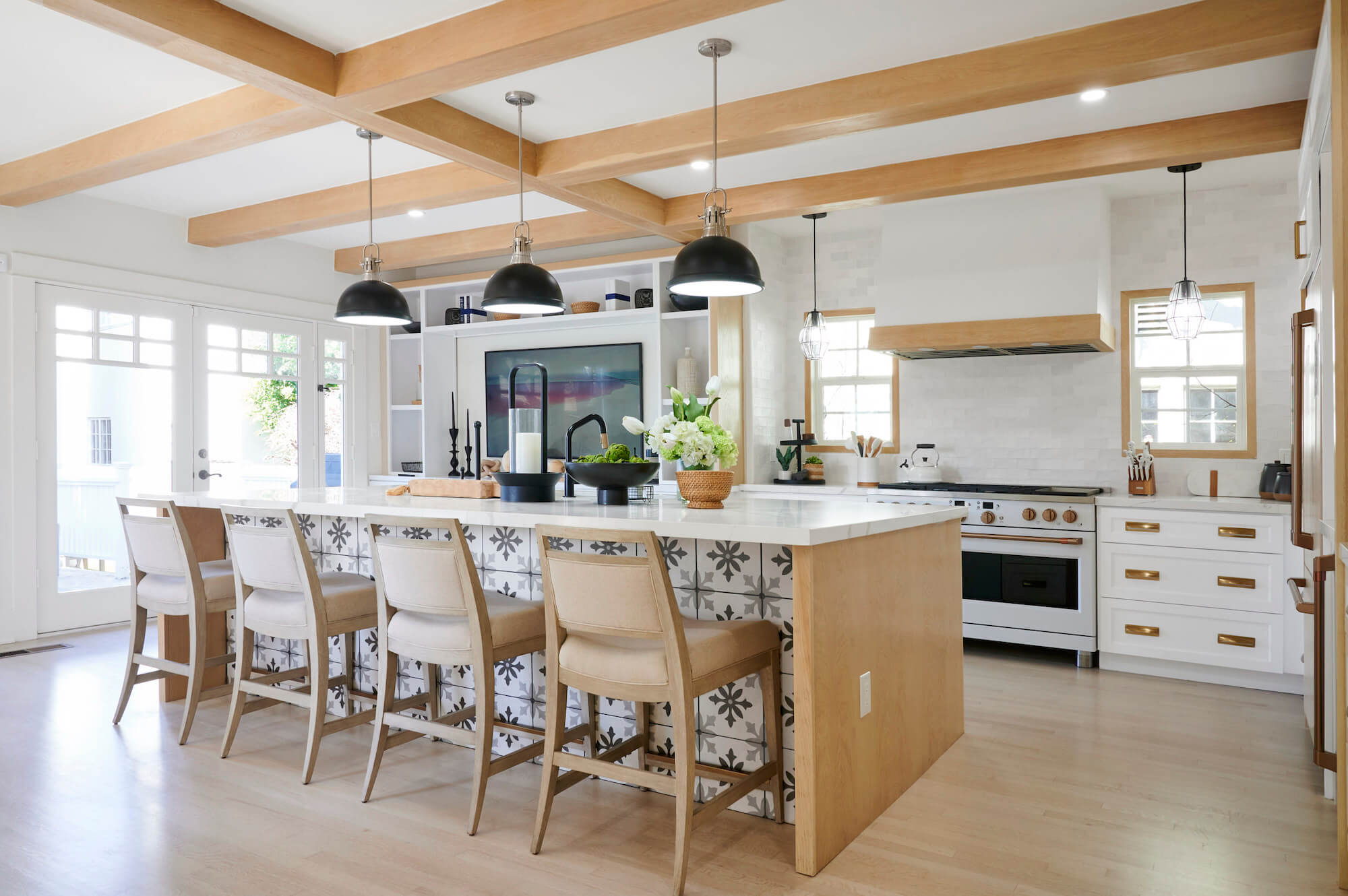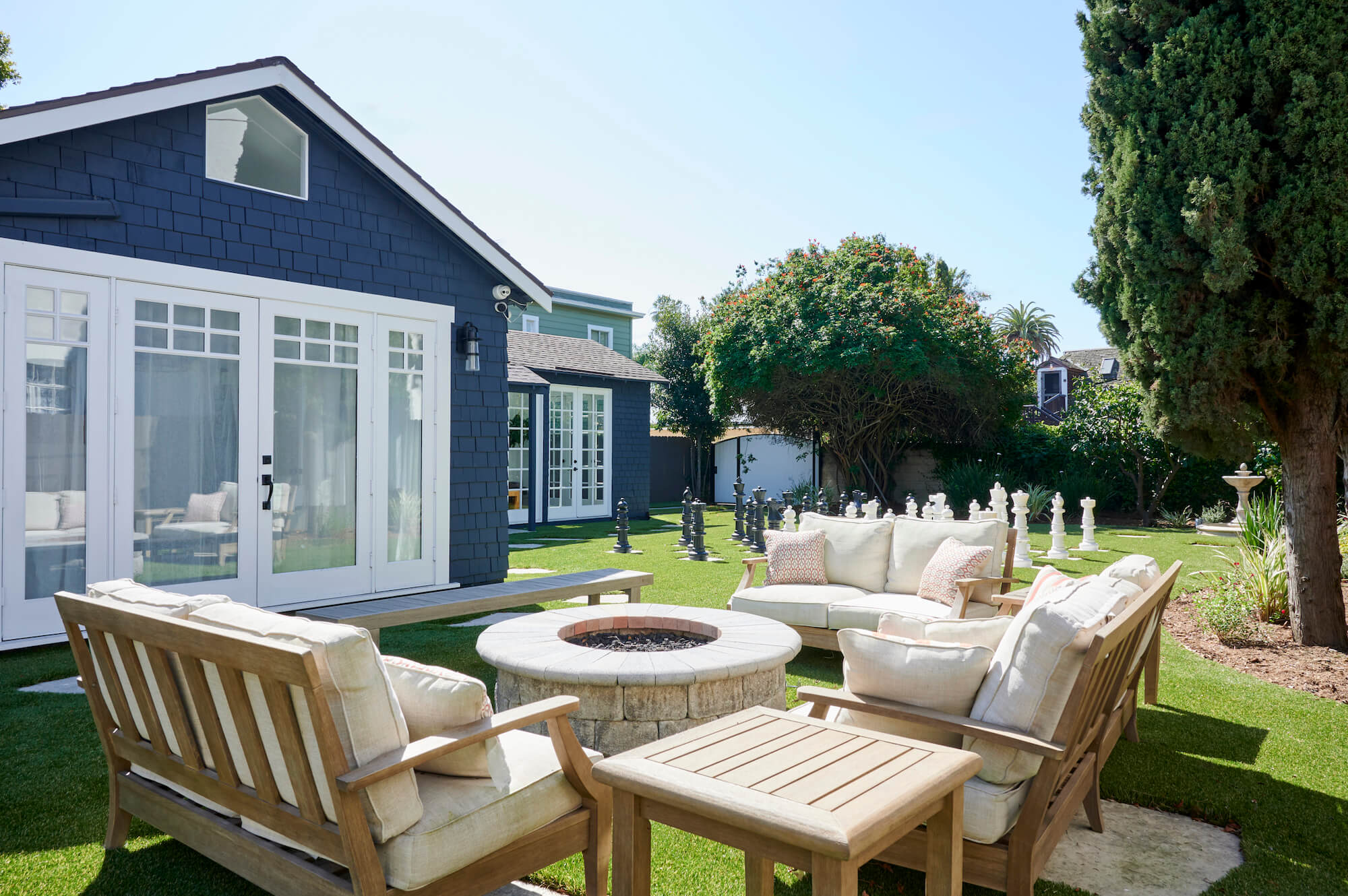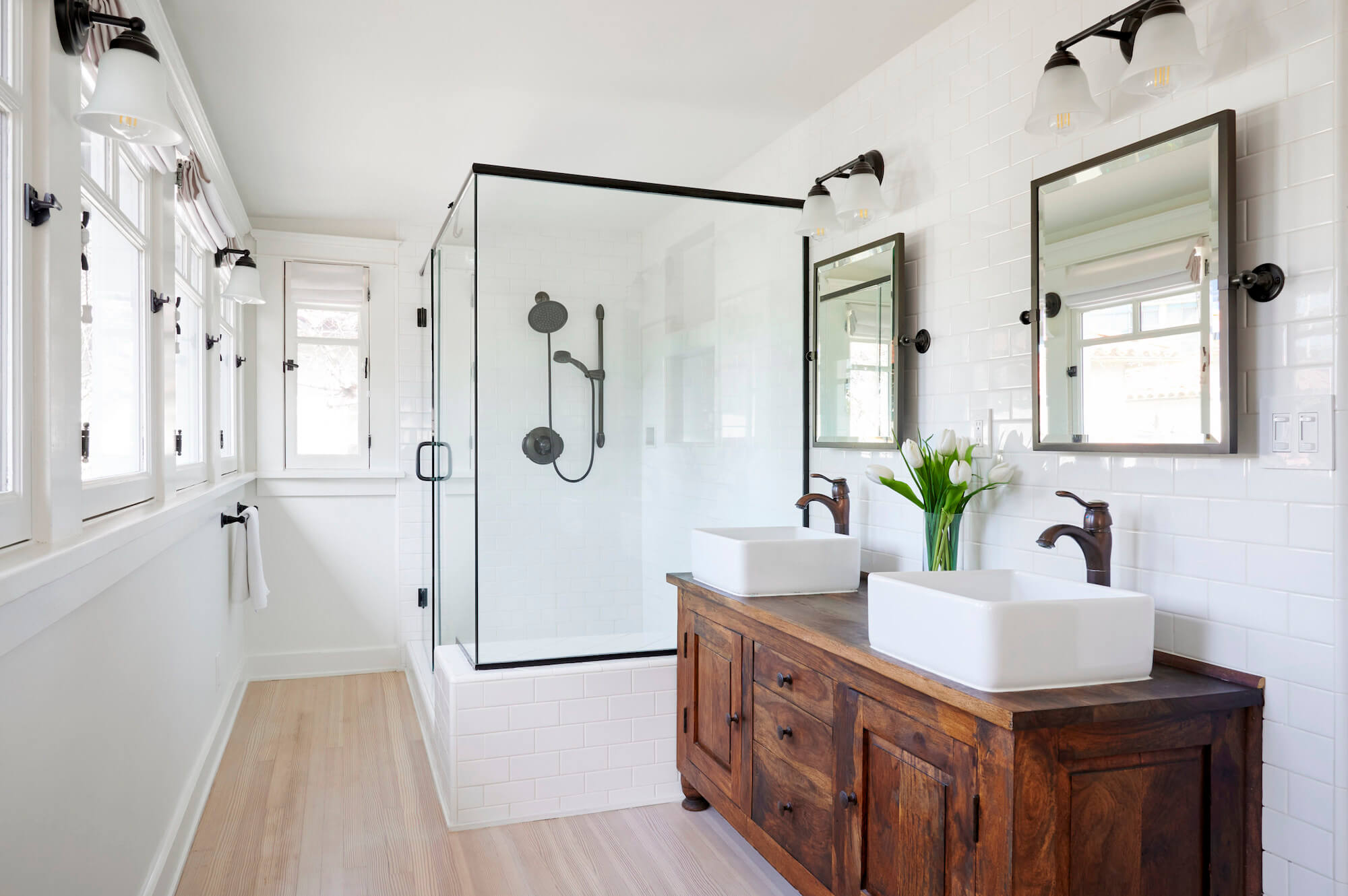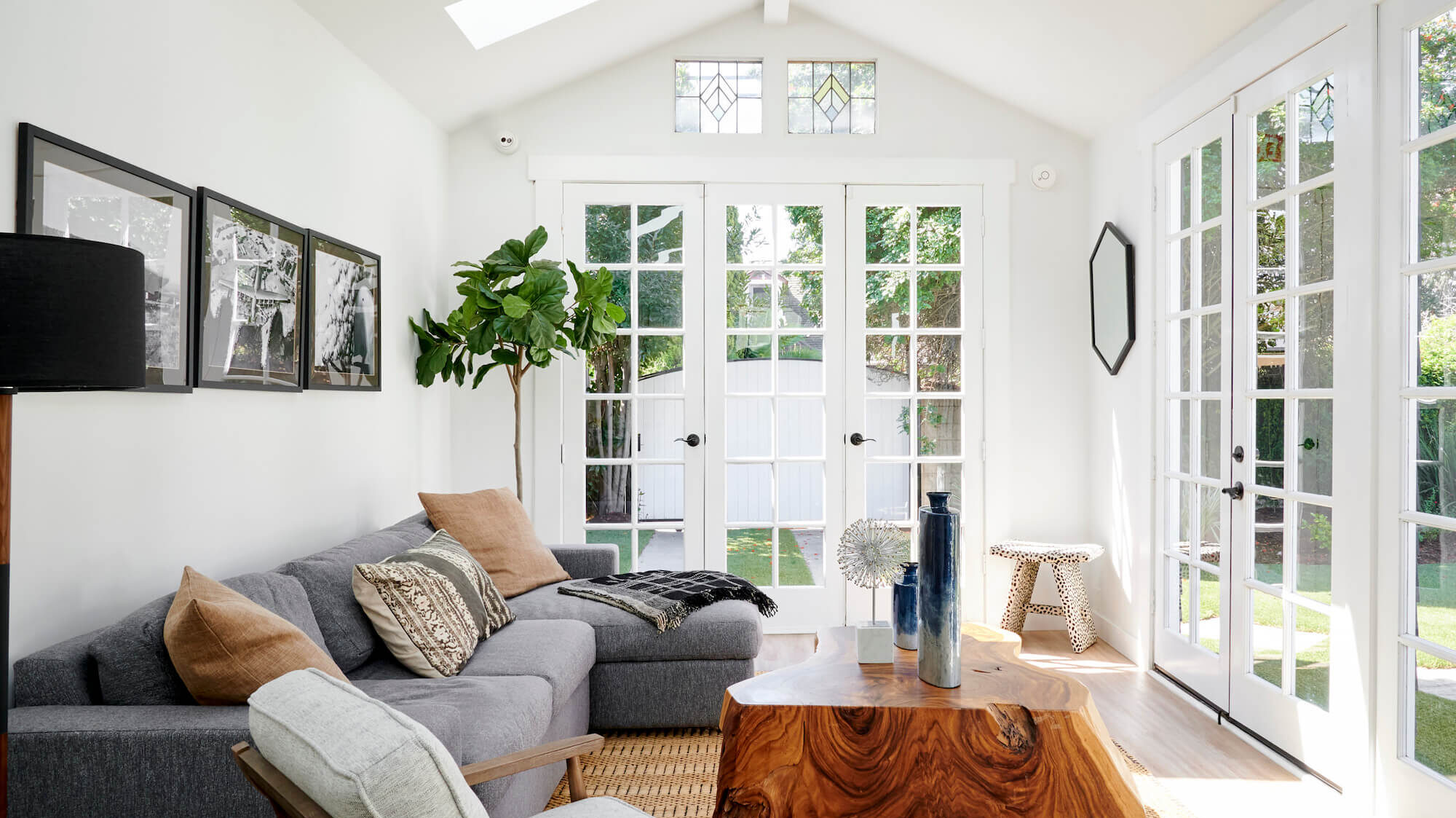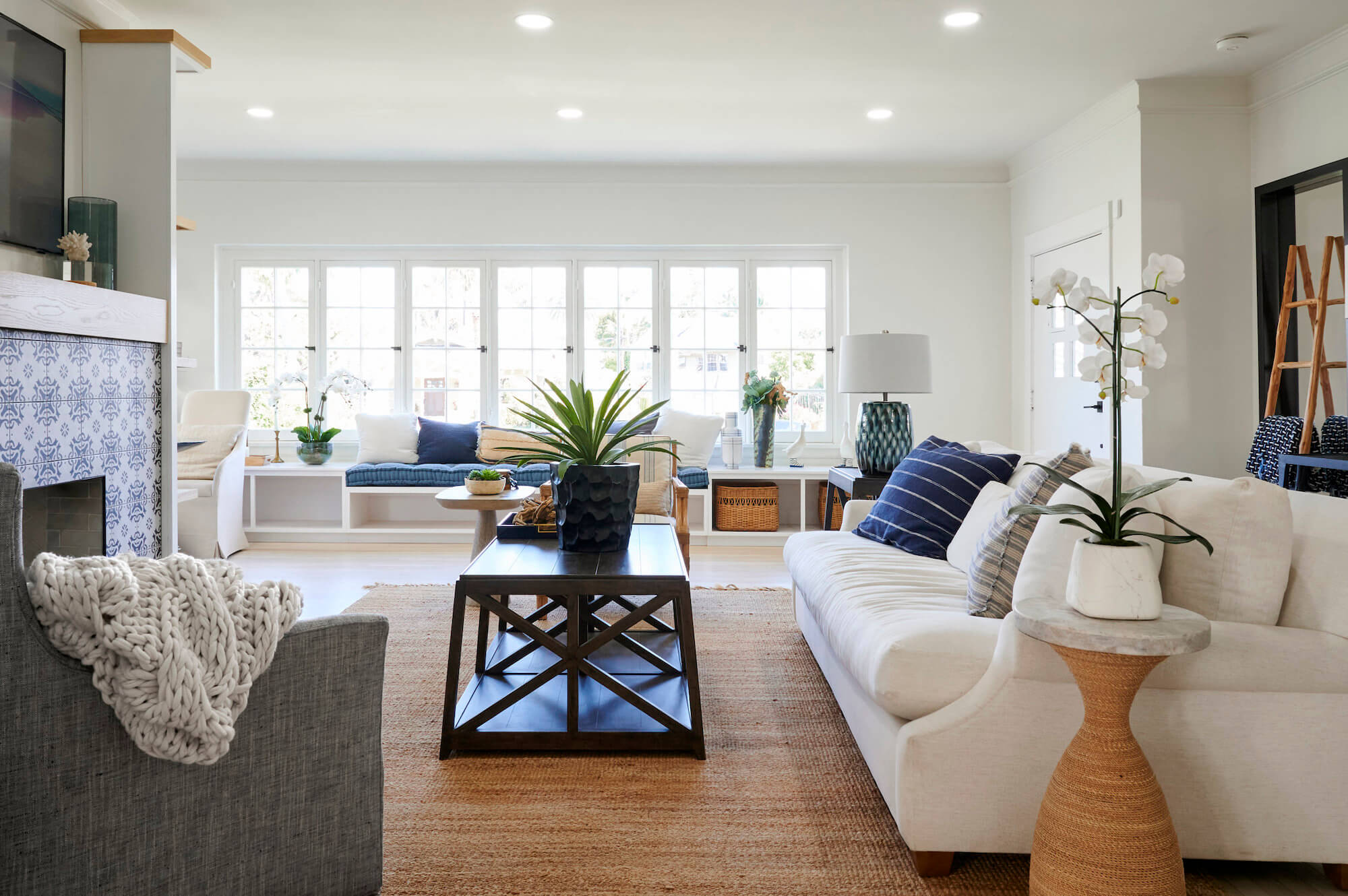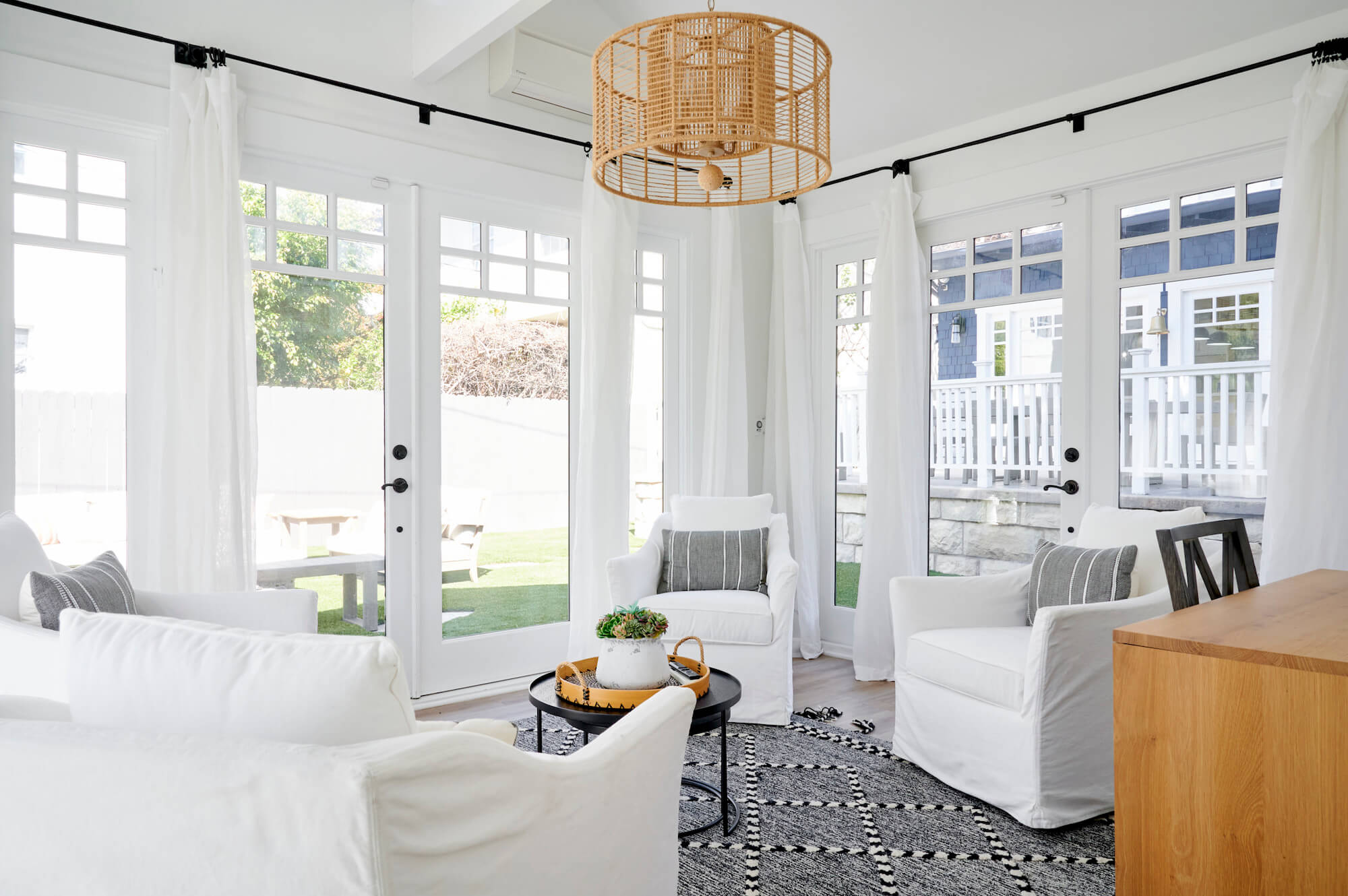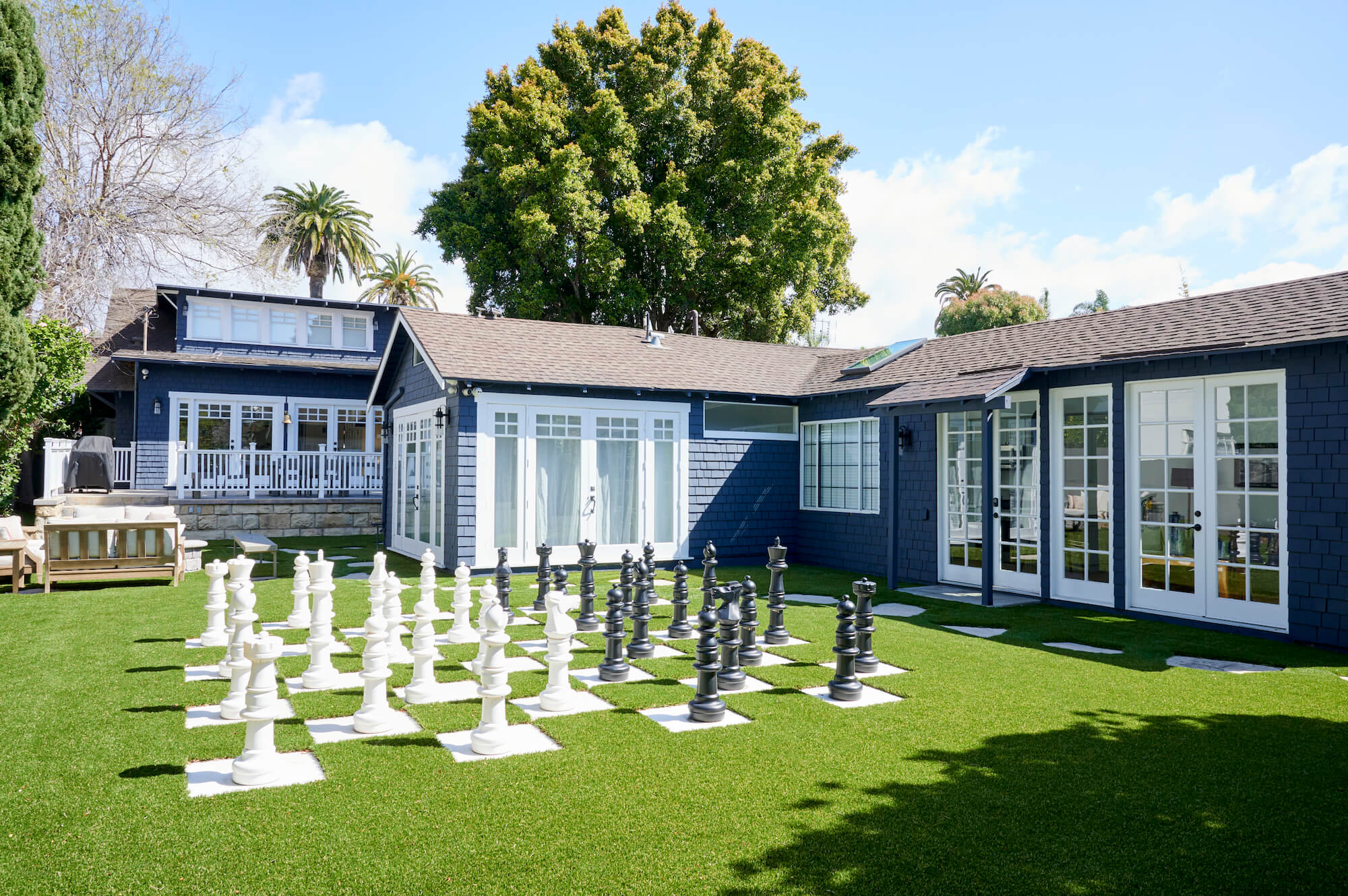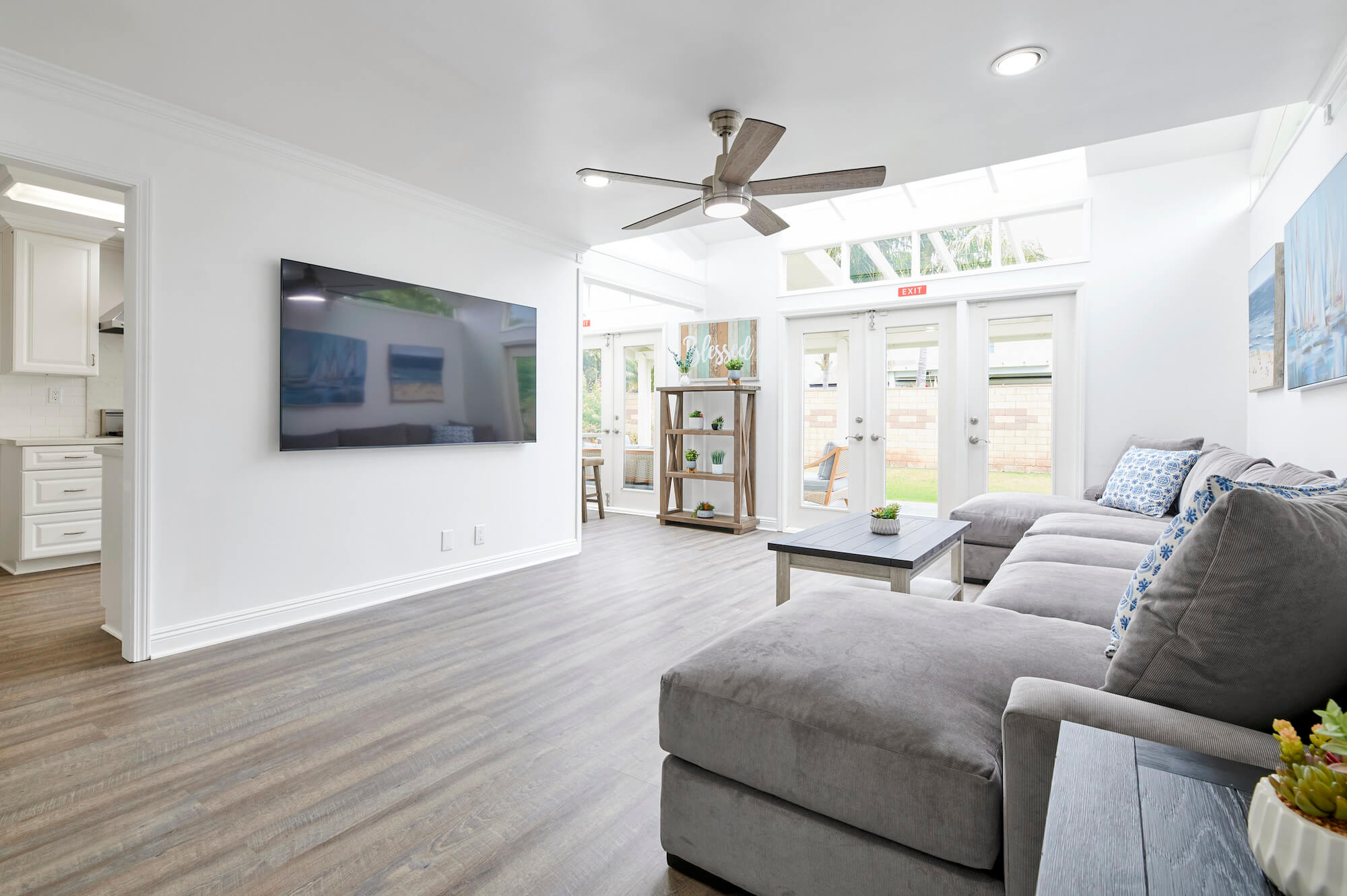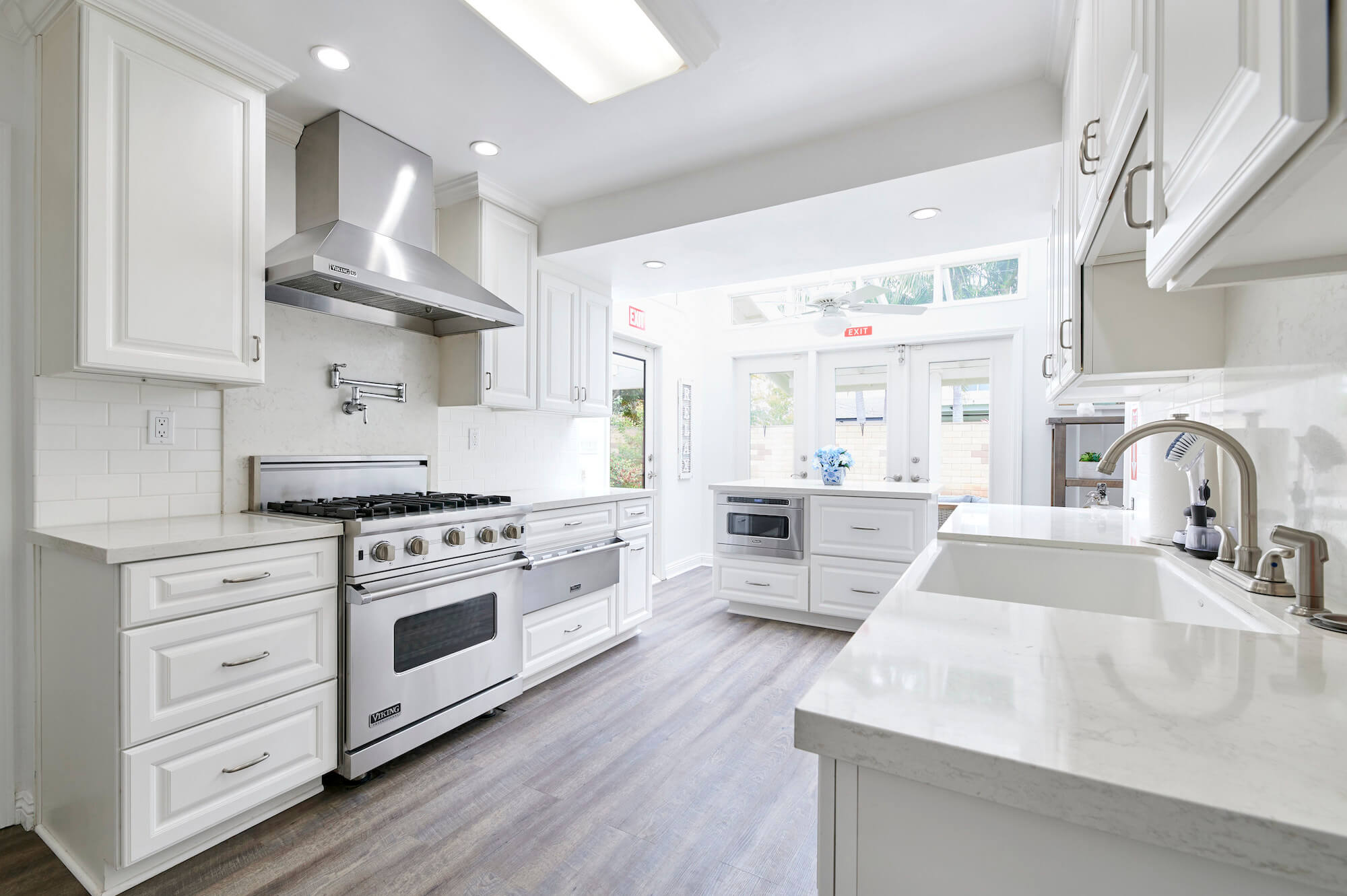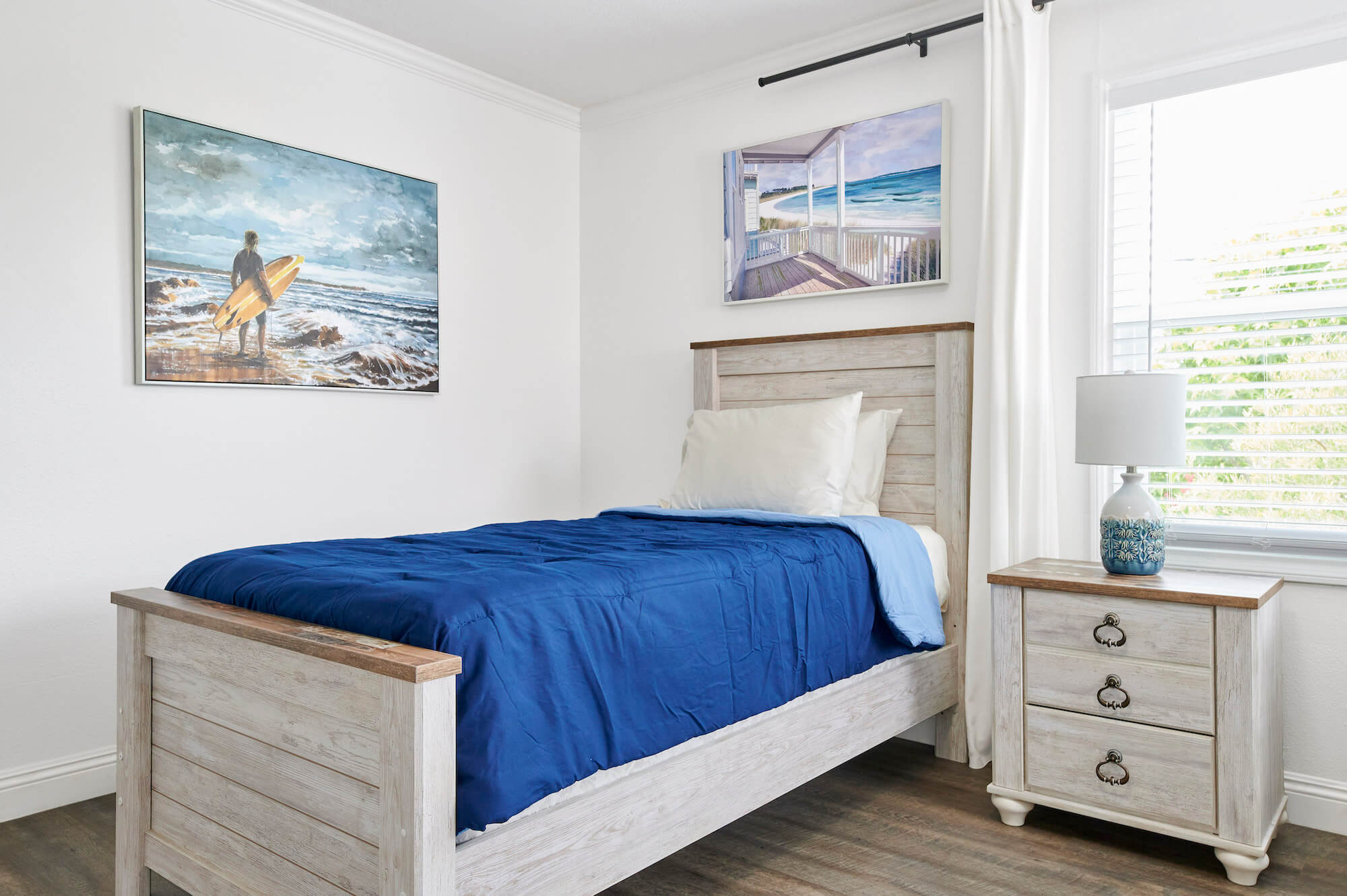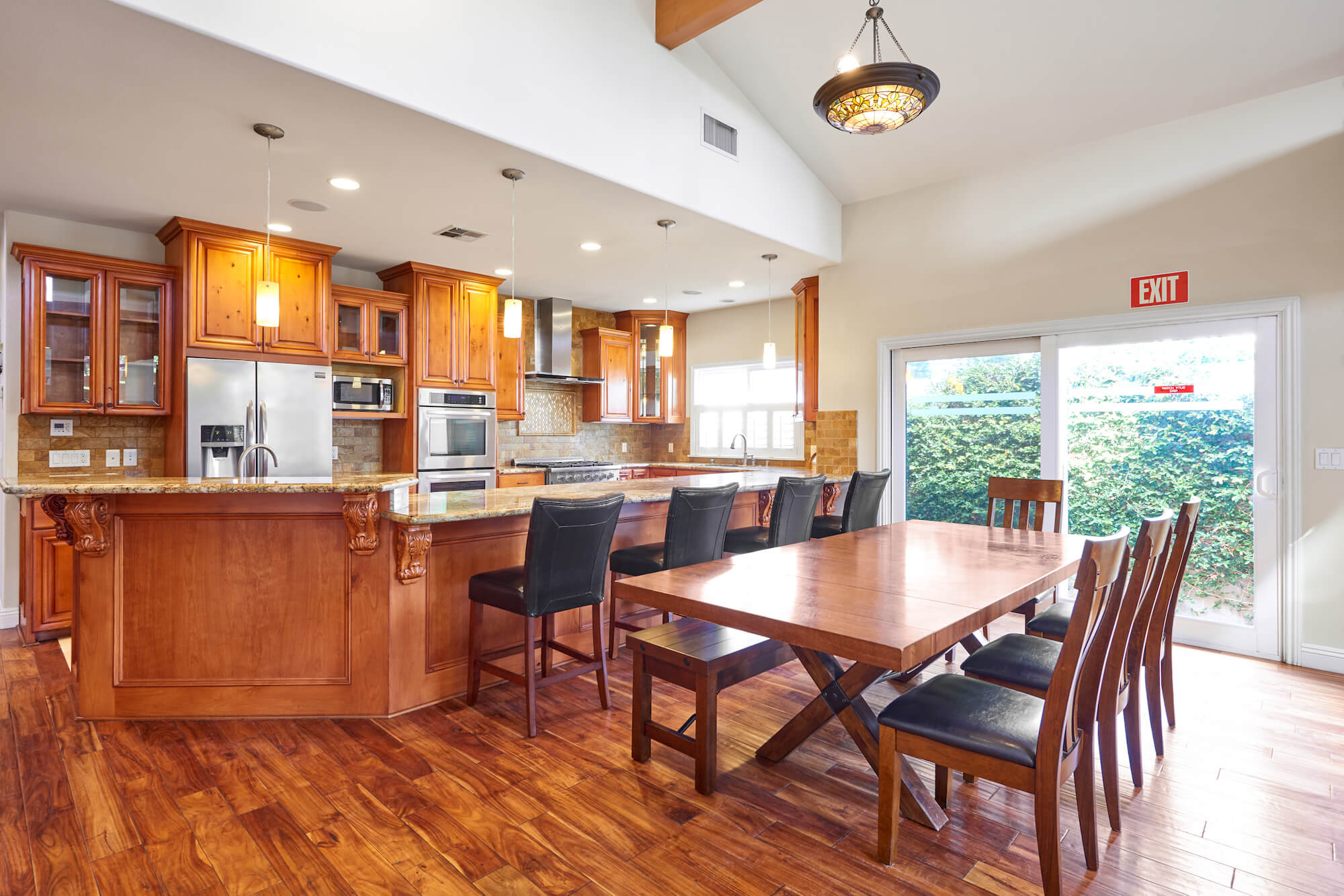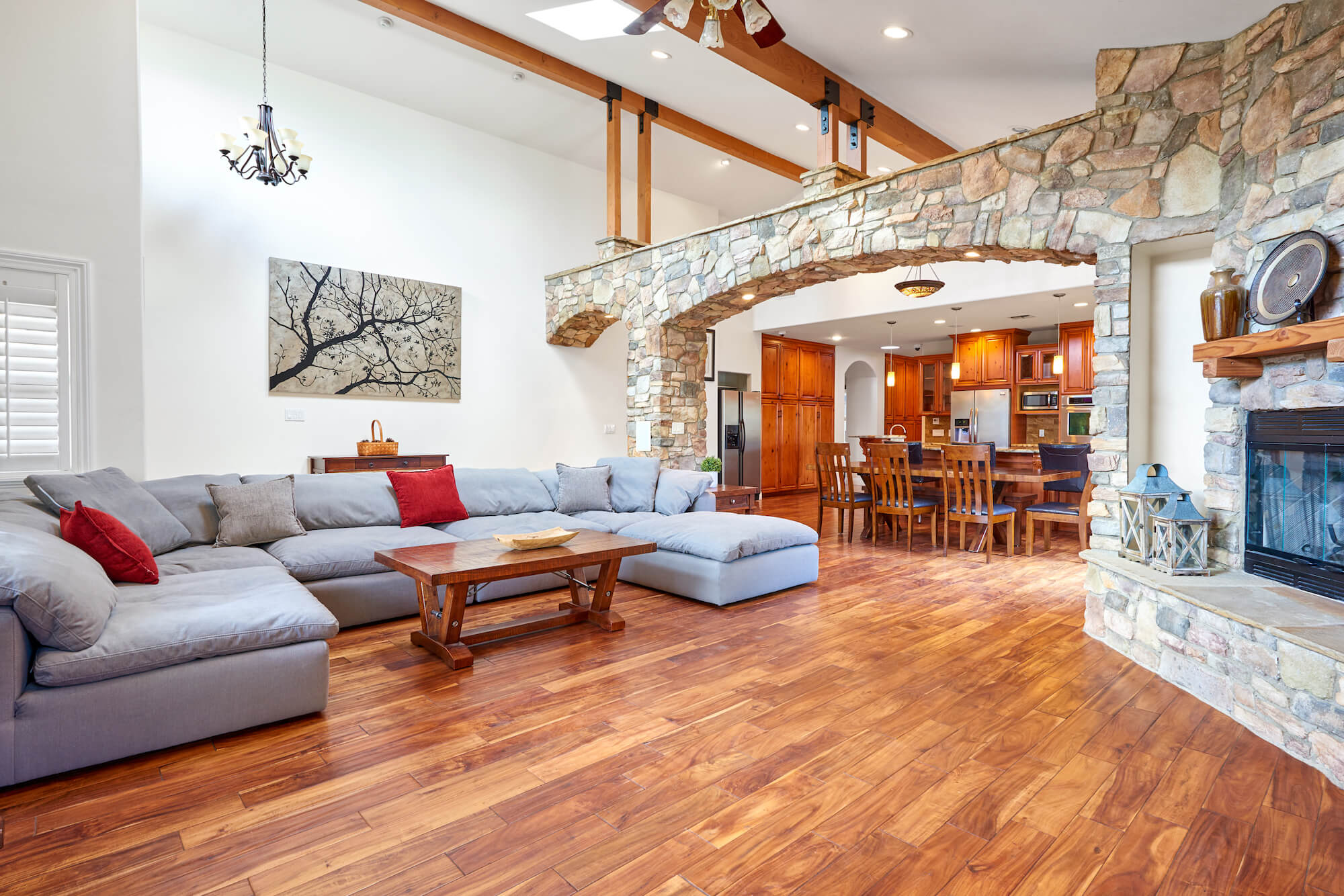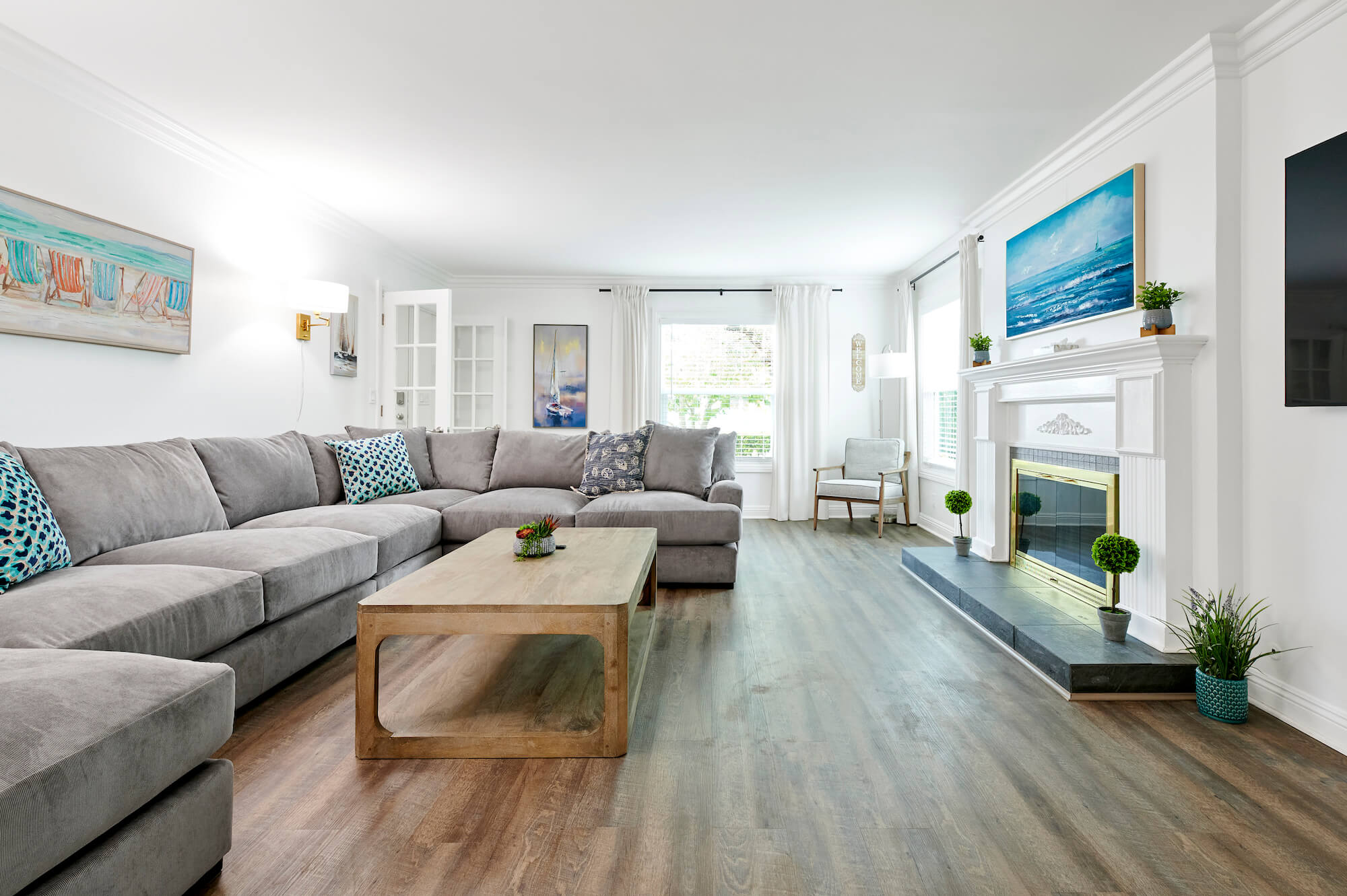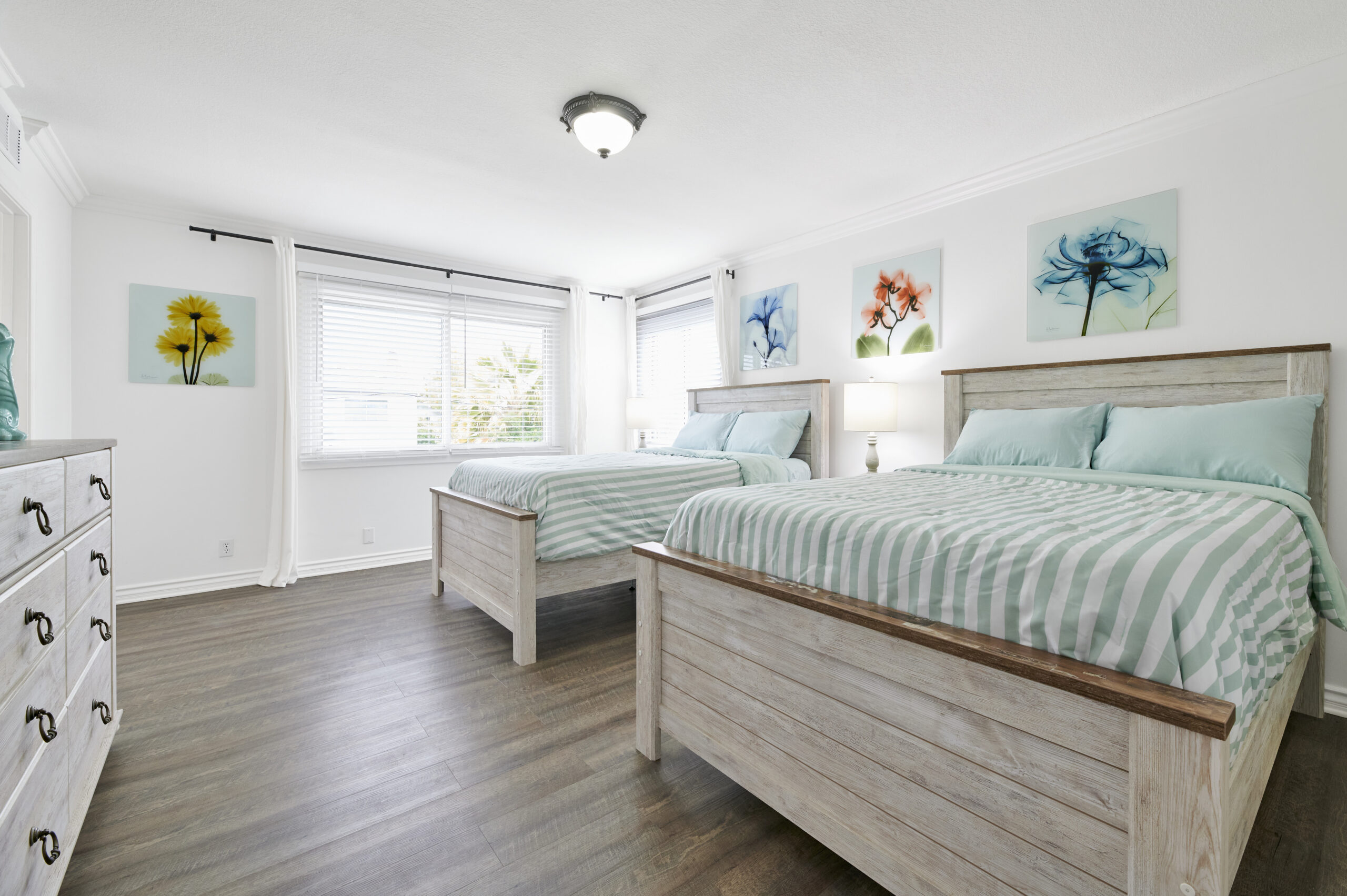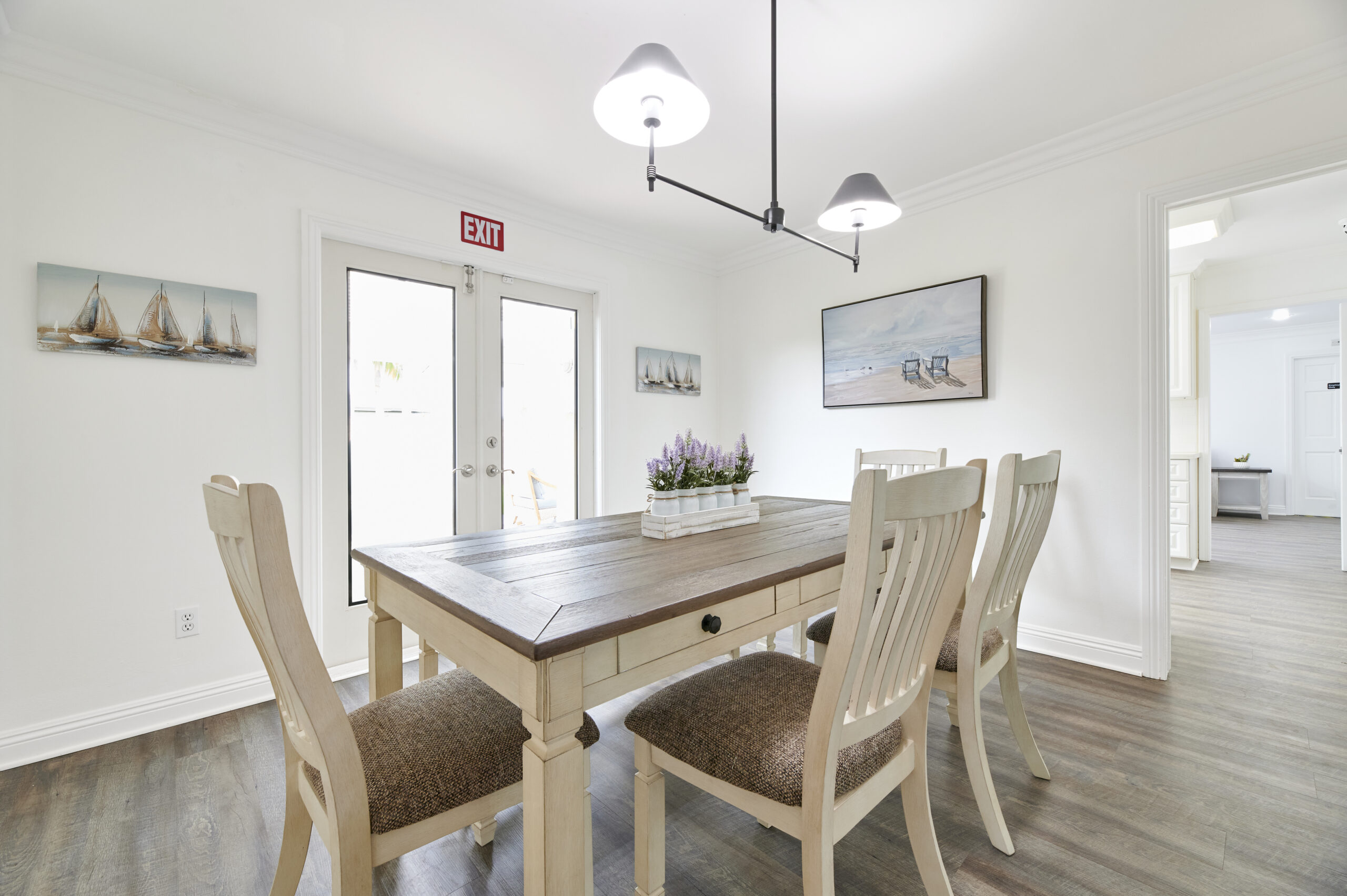Southern California
Rehab & Addiction Centers
California coast.
Our Southern California
Rehab Centers
Nestled in the heart of Southern California, Gratitude Lodge is a wonderful place to begin your journey to addiction recovery.
Because our founders have gone through addiction recovery themselves, we realize the strength it takes to make the decision to get sober. For that reason, we’ve made it our mission to create a comfortable, safe, and compassionate space where our residents can feel like they’re at home while receiving treatment.
With expert staff, luxury accommodations, evidence-based treatments, and an array of fun, healthy activities, Gratitude Lodge’s Newport Beach and Long Beach rehabilitation centers are the perfect place to begin your path to sobriety.
Inside Our Facilities
When you walk into Gratitude Lodge, you’re treated like family, not just another patient. We are a community built on empathy with a passion for helping others experience the freedom that comes from conquering addiction.
Swipe below to view our upscale inpatient treatment centers:
OUR NEWPORT BEACH
LOCATIONS
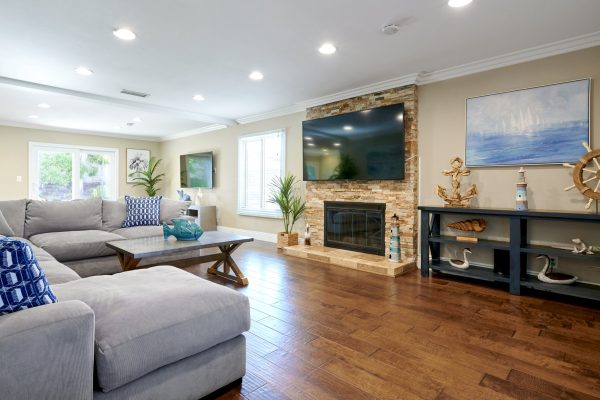
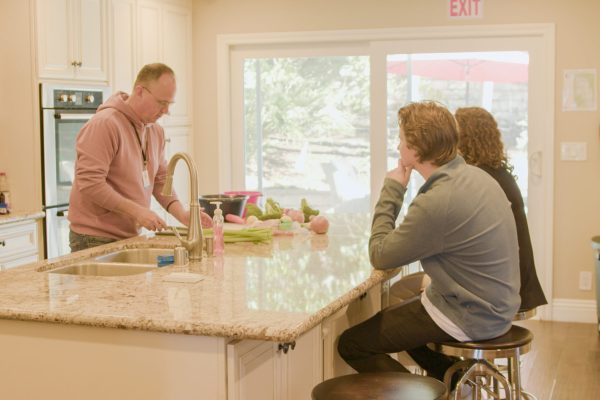
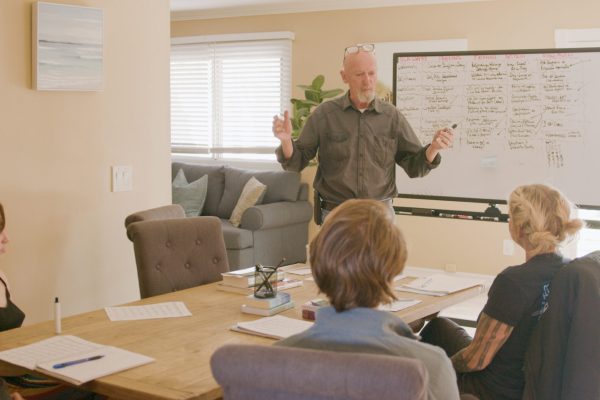
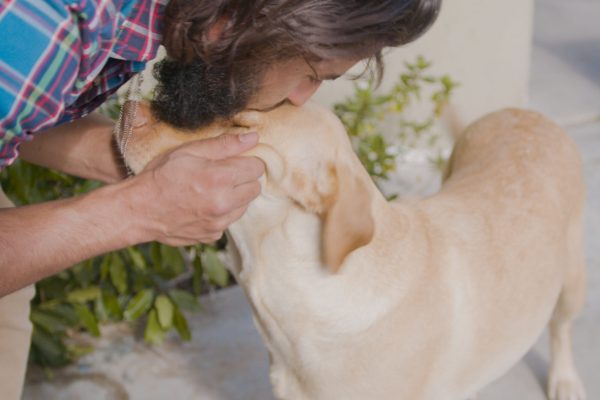
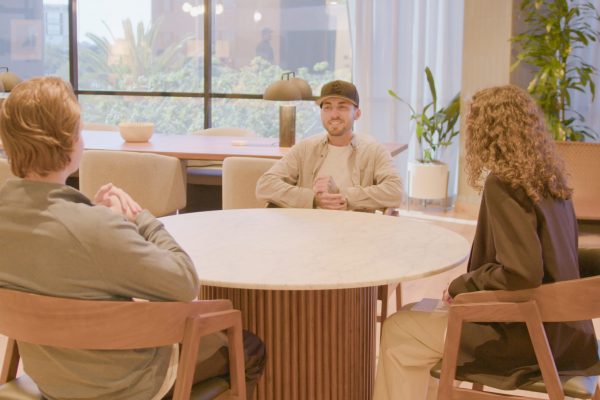
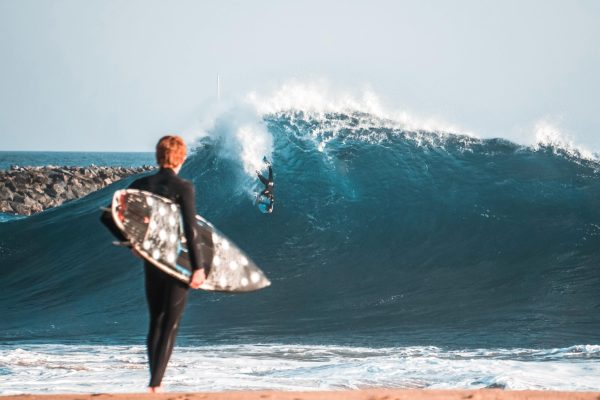
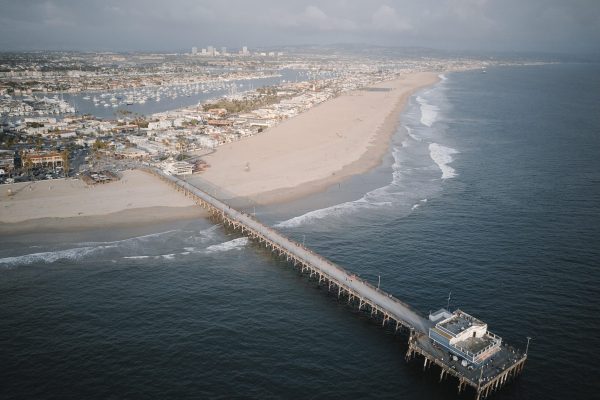
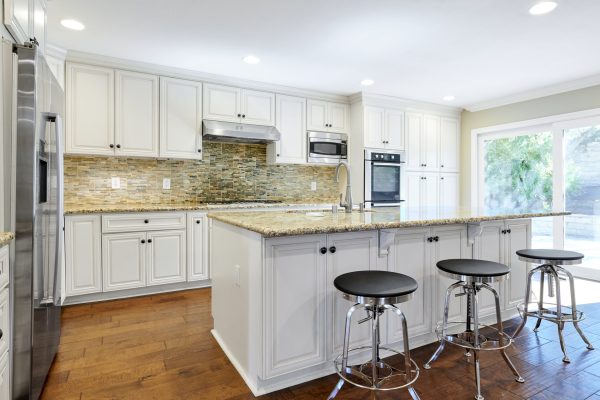
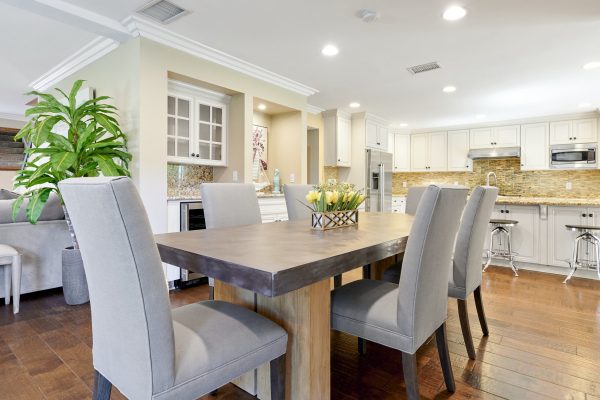
Our beautiful Newport Beach locations provide access to a charming and sophisticated local atmosphere. Our pristine, world-famous beaches like Corona del Mar and Balboa Peninsula are the perfect place to connect with yourself and nature on your journey to recovery.
During your stay at our Newport Beach facility, you’ll have access to coastal elegance with activities that include:
- Whale Watching
- Private Surf Lessons
- Sailing & Yachting
- Balboa Island
- Carona Del Mar State Beach
- Newport Beach Pier
- & More
Situated on the picturesque coast of Southern California, our Long Beach location will immerse you in a beautiful, vibrant city with a variety of entertainment venues and natural attractions. Belmont Shore and Alamitos Beach are great places to relax and unwind, as well as a wonderful entertainment area in downtown Long Beach.
During your stay at our Long Beach facility, you will have convenient access to:
- 5-Acre Aquarium
of the Pacific - Sailing in The Bay
- Shoreline Village
- El Dorado Nature
- Center Trails
- Naples Canals
- Historical Museum
- Downtown & Outlets
- Shopping
- & More
OUR LONG BEACH
LOCATIONS


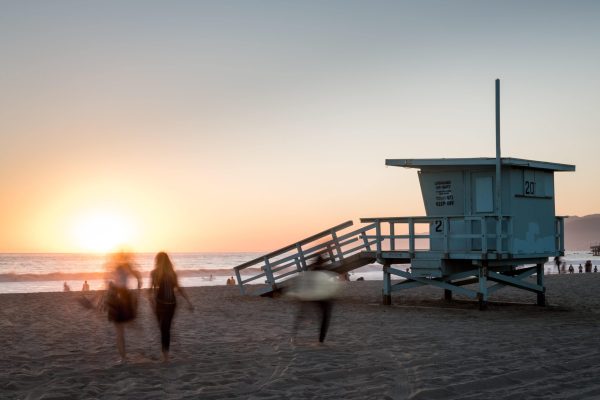
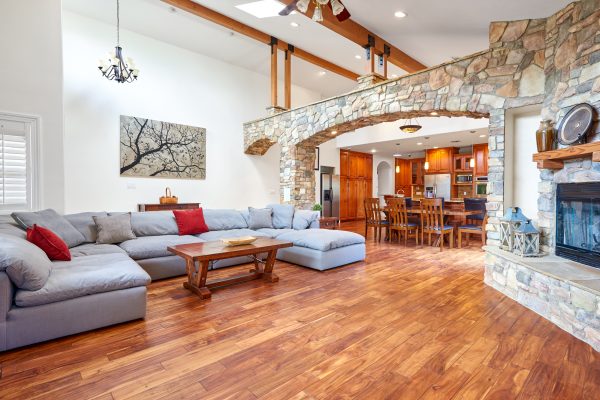
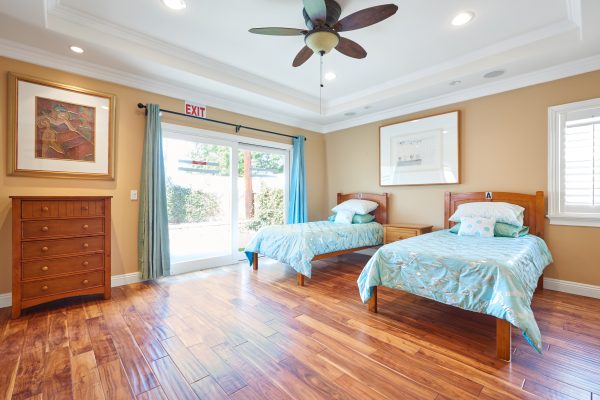
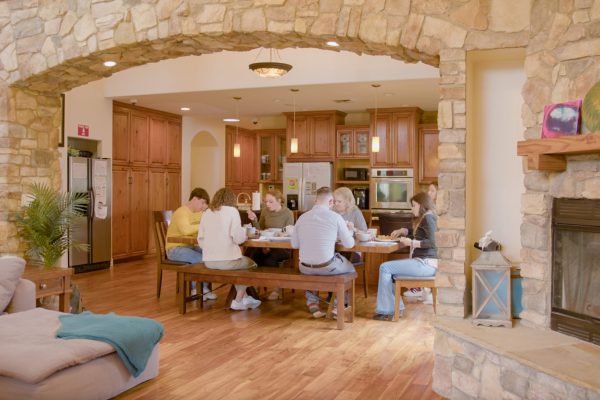
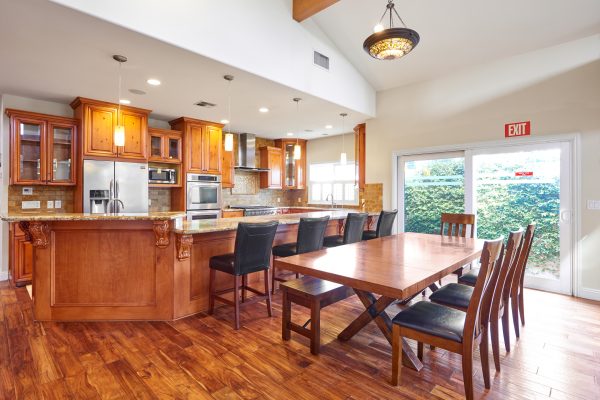
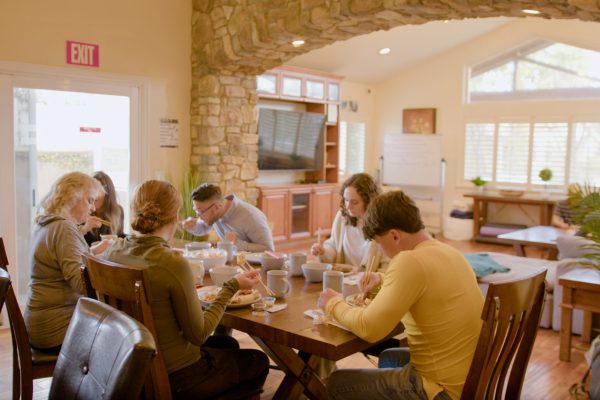
Why Go to Rehab in Southern California?
Gratitude Lodge’s rehab centers in Southern California provide a comfortable, pet-friendly environment for detox and addiction treatment.
Not only located in a beautiful coastal environment, our Southern California addiction centers also provide immediate access to a robust recovery and sober community which can make a big impact on maintaining long-term sobriety.
With warm weather and blue skies year-round, you will be within walking distance to the Pacific Ocean and nearby state parks where you can spend time relaxing, meditating, and connecting with nature.
During your stay at Gratitude Lodge, you will have access to many opportunities to start forming healthier habits for sober living, including hiking, surfing, yoga, meditation, and more.

Hiking

Meditation

Surfing

Yoga

Breathwork

and More
Begin your journey
to recovery.
team of dedicated, expert staff.
Southern California Drug & Alcohol
Treatment Program
Addiction recovery involves several levels of treatment, beginning with detox. During the detox, your treatment team will administer continuous clinical and emotional care to make this process as comfortable as possible as you break physical dependence.
About a week after detoxing from drugs or alcohol, you can transition directly into ongoing addiction treatment at our Long Beach or Newport Beach rehabs.
Why Gratitude Lodge?

FOUNDED BY PEOPLE IN RECOVERY

PET FRIENDLY

CUSTOMIZED TREATMENT

Insurance Can Help Cover Costs of Rehab
insurance providers.
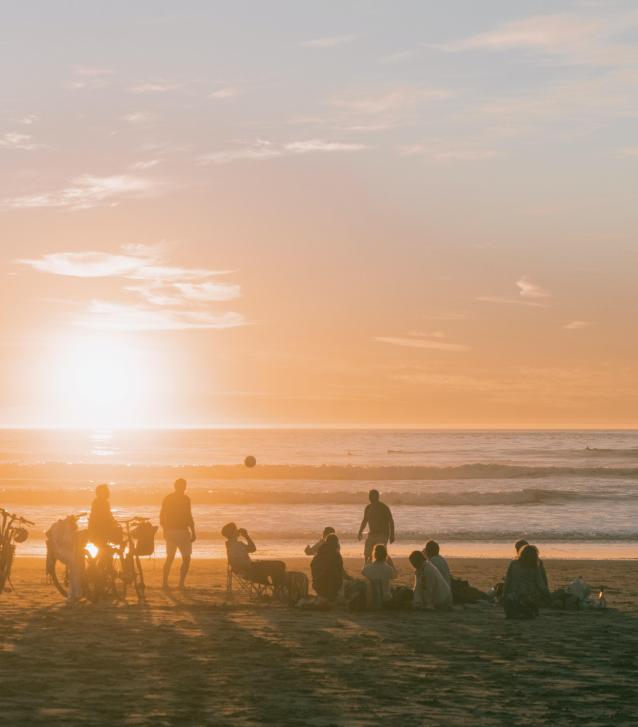
What to Expect at Gratitude Lodge
Gratitude Lodge offers a well-constructed curriculum with 6 hours per day of programming. These programs will include:
- Morning meditation
- Group therapy
- Individual therapy
- External meetings

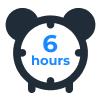

Our curriculum also includes an average 30-day length of stay. For the first 5-7 days of detox, our guests are encouraged but not required to attend small processing group therapy. After detox, our guests can enter residential treatment for the remainder of their stay where group therapy is mandatory.
Our residential schedule includes clinical therapy like CBT, DBT, and group therapies in the morning, then partake in various evidence-based holistic therapy sessions throughout the day.


